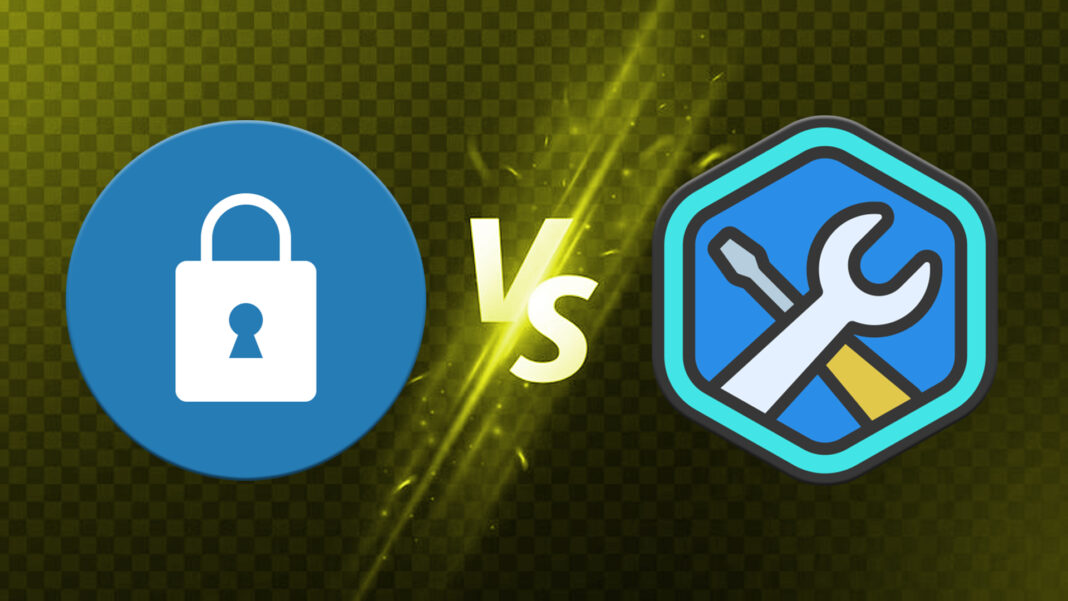- In cryptocurrencies, security tokens and utility tokens perform distinct functions.
- Security tokens represent ownership stakes in businesses that use blockchain technology.
- Utility tokens are marketing tools that give owners exclusive access or discounts for upcoming product or service launches.
How do security tokens work?
A security token reflects a share in the company issuing it rather than providing an investment with a concrete advantage like access to an ecosystem. Such tokens are purchased by investors who want to profit from their investments. Security tokens take advantage of the efficiency and speed of blockchain technology and gain from government regulations that boost fraud prevention.
A security token based on blockchain technology is not the same as the one required to access a bank account or other private network.
How do utility tokens work?
An excellent example of a utility token is Siacoin. Its main application is to make the Sia network—a decentralized cloud storage network created with blockchain technology—accessible to users.
The network’s internal token transfers serve as a means of paying for service usage. While the value of tokens increases as the network gains more users, this differs from their primary application.
The organization in charge of issuing Siacoin is the Sia network. This indicates that the token fails the Howey Test in this area. Additionally, Siacoin is a utility token rather than a security because its primary goal is service access.
Security vs. Utility Tokens
Function and Goals:
- Security tokens: Represent ownership in an organization, undertaking, or asset and frequently offer financial advantages like dividends or profit-sharing.
- Utility Tokens: Provide access to particular features and service platform’s ecosystem.
Regulation:
- Security tokens: Securities regulations apply to security tokens, and they must comply with all applicable laws, including registration with regulatory agencies.
- Utility Tokens: Depending on the jurisdiction, they can be subject to less strict regulatory regulations.
Access vs. Investment:
- Security tokens: Investors seeking monetary gains and ownership rights correlated to the underlying asset’s performance are drawn to security tokens.
- Utility tokens: Utility tokens appeal to users who want access to platform functionalities, and the demand for related services drives the value of these tokens.
Rules are abide by the securities
To begin with, startups develop their coins, whitepapers, websites, and other promotional materials. The first coin offering is then launched. The majority of initial coin offerings (ICOs) are security tokens. Still, many of them are misrepresented as utility tokens by referencing one or more principal use cases that make them seem like utilities. They do this as utility tokens are exempt from securities laws.
Aggressive marketing tactics aim to persuade investors with promises of enormous rewards and substance that the substance over form approach guides the work of regulators. A utility token counts as a security if it is bought with the hope of making money in the future.
Startups routinely violate the SEC’s reporting and disclosure rules and fail to register their offers with the agency. These businesses could face legal action.
Regulator Step in
Regulators in the US intervened to form a formal task group for cryptocurrencies. Eighty subpoenas have already been delivered to the crypto coin issuers. The SEC has already warned about ICOs like Tezos and Centra that aren’t compliant. The SEC is also investigating current programmes, such as ICONOMI, to see if they broke the law.




